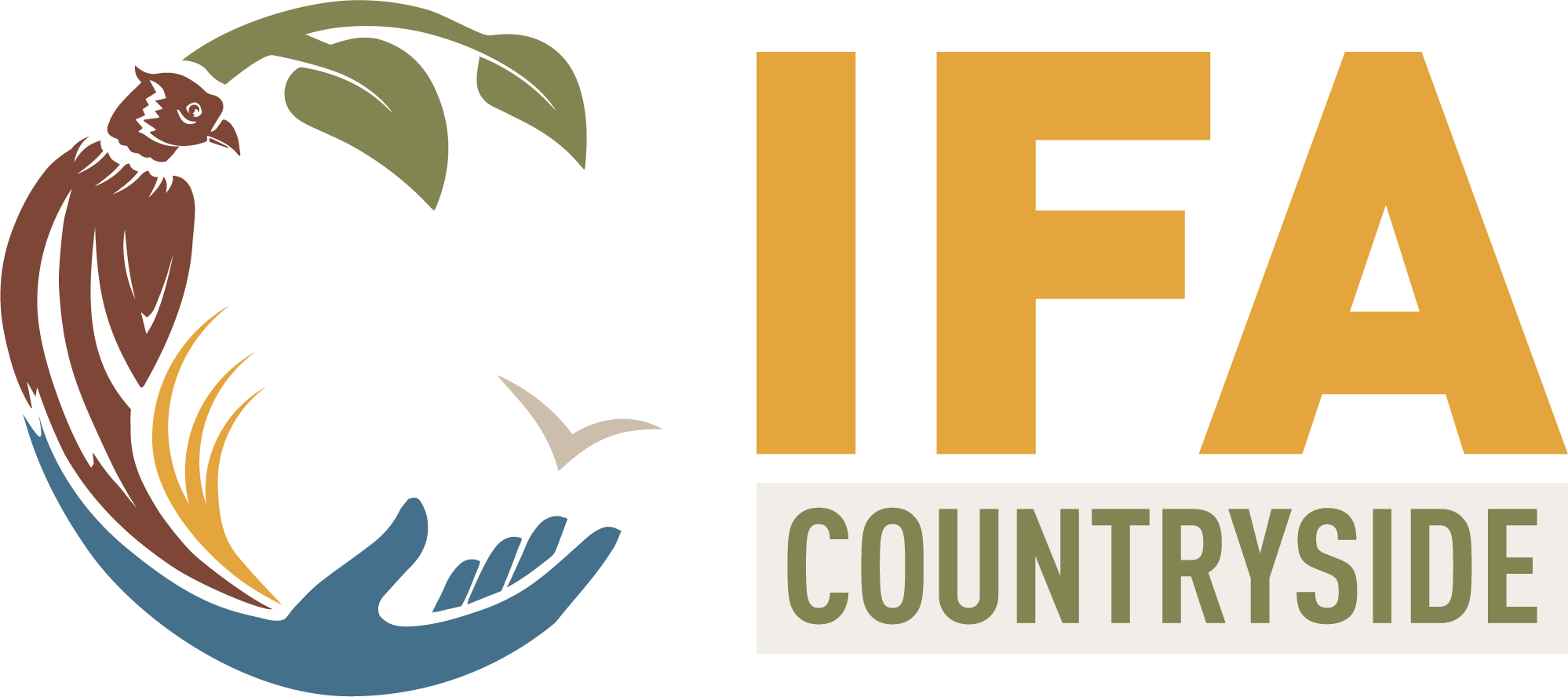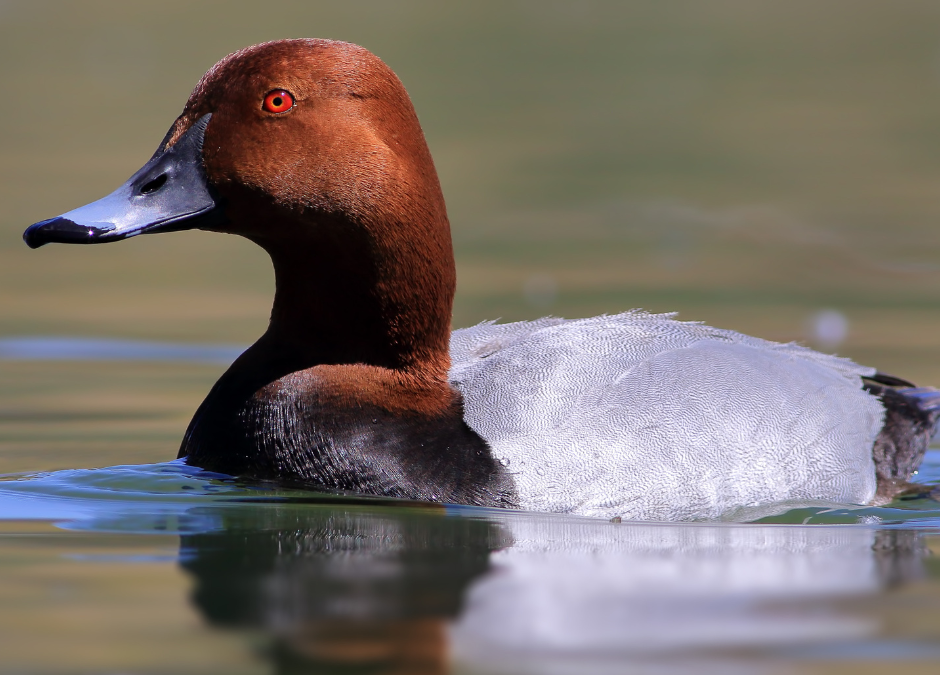
by Barbara Killeen | Sep 1, 2023 | NPWS, Open Seasons
Statement from Minister Noonan on amendments to the Open Seasons Order for Wild Birds, as per Press Release issued by Department yesterday, August 31 “Last year, I established a review of the Open Seasons Order to consider the 21 species of wild bird that can be...
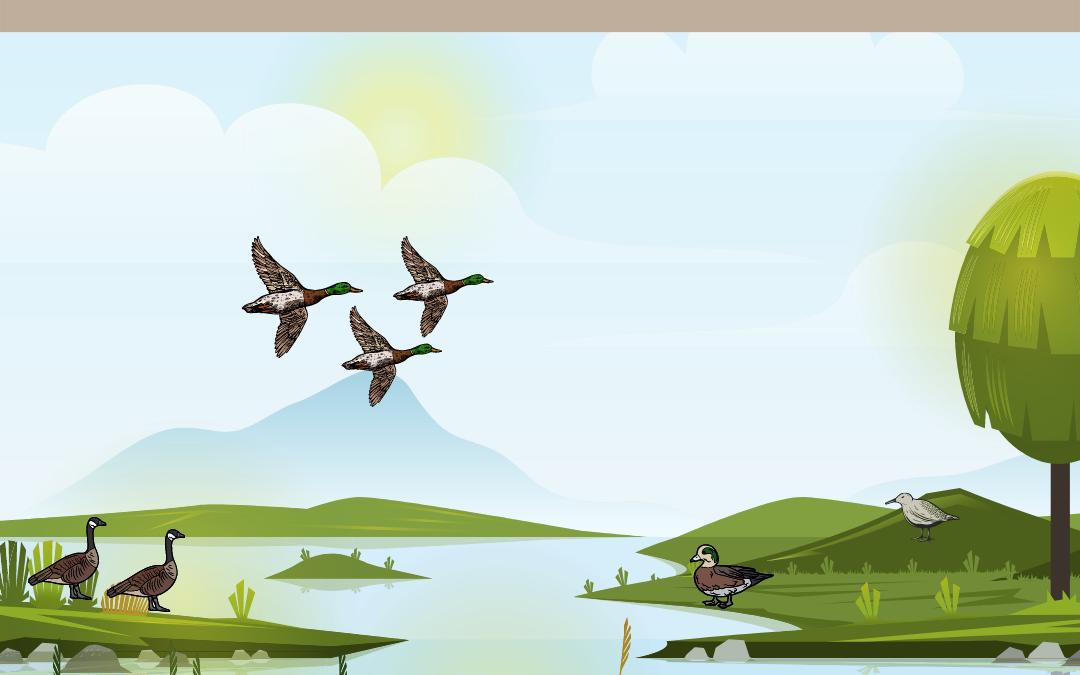
by newcountryside | Aug 30, 2023 | NPWS, Open Seasons
A decision has been made by the Minister on the OSO for the coming season: The Birds Open Season will be amended for the 2023/2024 season to remove scaup, pochard, goldeneye and pintail. For more information please see...
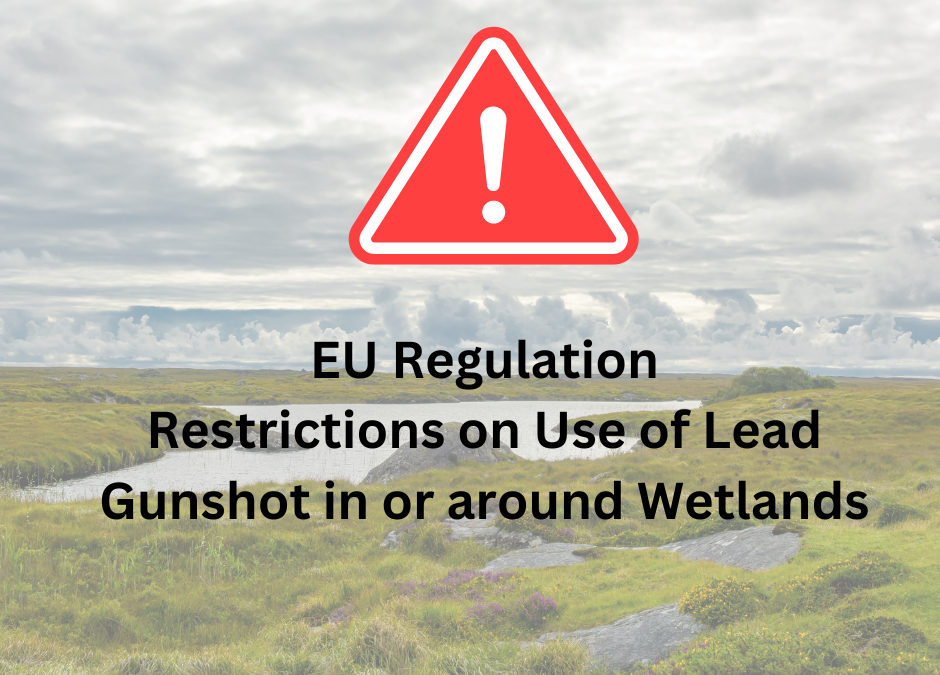
by Barbara Killeen | Aug 30, 2023 | Lead shot, NPWS
A long-awaited update from the NPWS on the restrictions on the use of Lead Gunshot in or around Wetlands and the definition of wetlands was released last week. It stated: From the 15 February 2023, discharging gunshot containing a concentration of lead (expressed as...
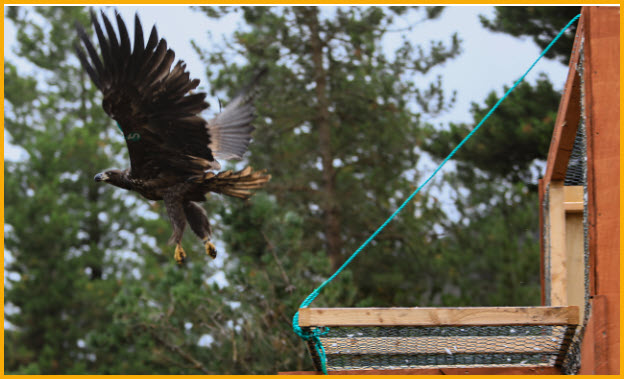
by ifacountryside | Jul 7, 2023 | Biodiversity, Conservation, NPWS
Tanaiste Micheal Martin TD and Minister of State for Heritage, Malcolm Noonan TD, have expressed shock and disappointment at the poisoning of two young white-tailed eagles in Northern Ireland. The two eagles, re-introduced in recent years by the National Parks...
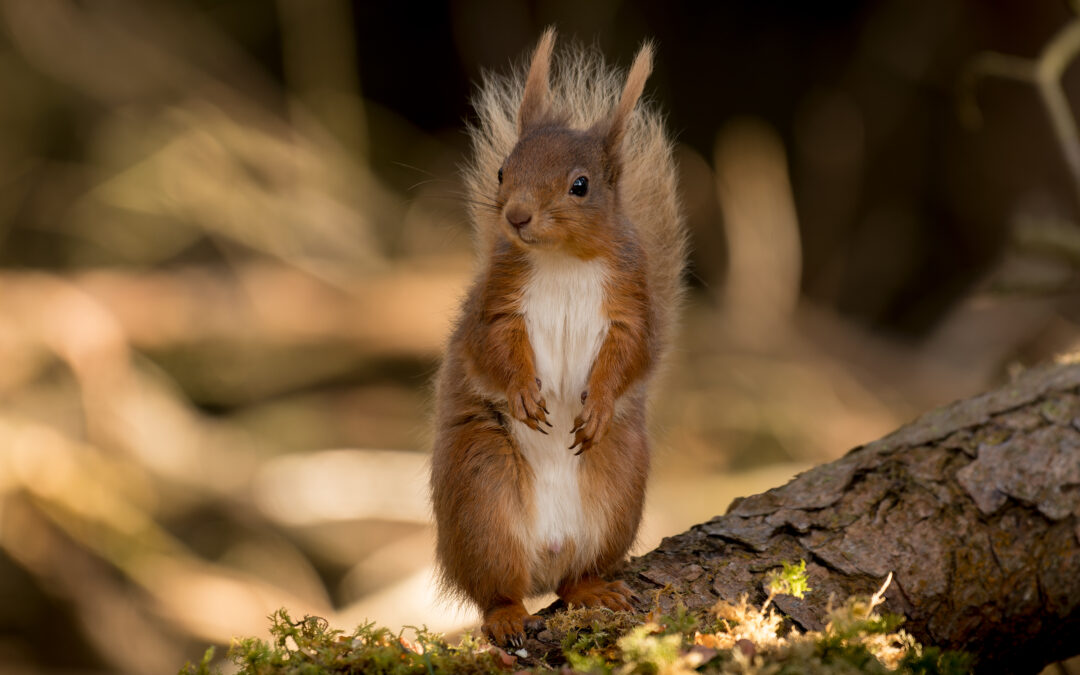
by ifacountryside | Jul 7, 2023 | Biodiversity, Habitats, NPWS, Uncategorized, wildlife management
The National Parks and Wildlife Service (NPWS) has today appealed to the public to keep their distance from vulnerable wildlife and to take great care when spending time with nature during the summer months. Minister of State for Heritage and Electoral Reform Malcolm...

by Barbara Killeen | Jan 24, 2023 | NPWS, wildlife management
The National Parks and Wildlife Service (NPWS) at the Department of Housing, Local Government and Heritage is seeking any information relating to a White-tailed Eagle found dead on lands between Lough Ramar, County Cavan and Lough Sheelin, Co Westmeath and in...







